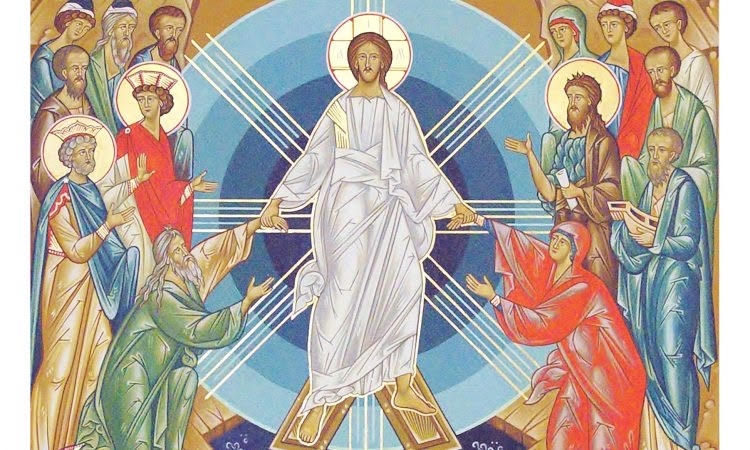An article from Pray Tell Blog:
Truly I tell you, I will never again drink of the fruit of the vine until that day when I drink it new in the kingdom of God. (Mark 14.25)
Across our country, and throughout the world, Catholics are facing a Lenten fast that they could not have imagined on Ash Wednesday. With the suspension of public Masses in more and more dioceses, the faithful are temporarily deprived of the celebration of the Eucharist.
Reactions to this preventative action by the bishops who have instituted this suspension have varied. Some Catholics have expressed anger, and others have expressed gratitude. The suspension affects all, no matter what an individual’s opinion. We have this imposed “fast” in common.
But I think there is a way to remain in communion with Christ and with one another at this extraordinary time for our world and our Church. If we can accept the “fast” imposed on us by circumstances beyond our control, we can unite ourselves to Christ in his fast – not in the desert, but in the glory of his resurrection.
Our celebration of the Eucharist is, as a rule, preceded by a fast. It is not merely out of respect for the Eucharist, but also an act of faith in what the Eucharist promises for our future. In the Divine Office for the Solemnity of the Body and Blood of Christ, the Magnificat antiphon sings of the “Holy Banquet … in which a pledge of future glory is given to us.” The Real Presence includes our real future, which is yet to be fully realized. Our small Eucharistic fast acknowledges that gap in that pledge.
In the glory of his resurrection, Christ now fasts until he can drink of the Fruit of the Vine with us in the Kingdom of God. His desire for communion with us is so intense that he wills to make it an unsatisfied hunger in himself, until he can sit down with us at the banquet of heaven. It becomes a longing for that unity foreshadowed in the Eucharist and awaiting us in the fullness of the Kingdom.
Several commentators have referred to the practice of spiritual communion when the Eucharist is unavailable to us. We also have the opportunity for this spiritual fast that can keep us in communion with Christ and with one another. The pledge of future glory still holds good. When the Eucharist once again becomes possible, it will renew the pledge that our fasting has kept alive.
Father Justin DuVall is a monk of Saint Meinrad Archabbey, where he has served as prior, School of Theology provost and vice-rector and, most recently, archabbot. Since his resignation as archabbot in 2016, he serves as vice-rector at Bishop Simon Brute College Seminary in Indianapolis. Father Justin and I were classmates at Saint Meinrad School of Theology.




